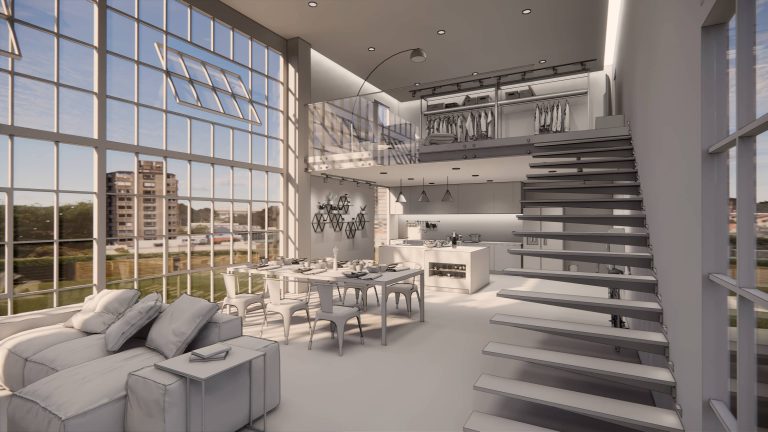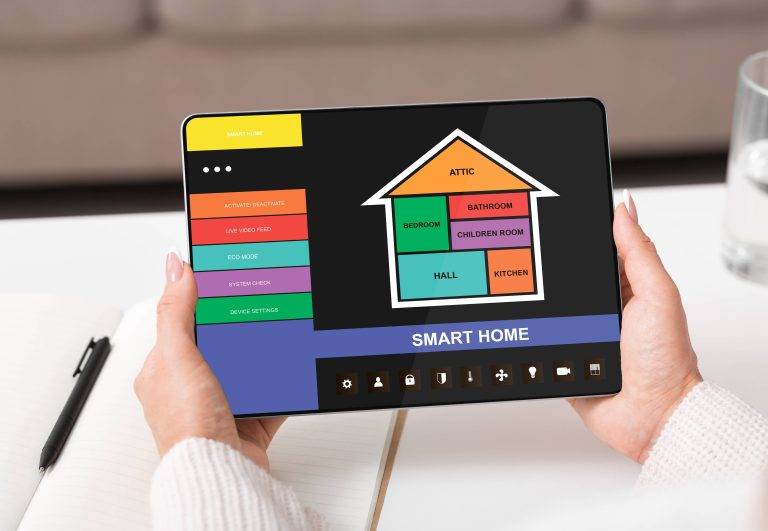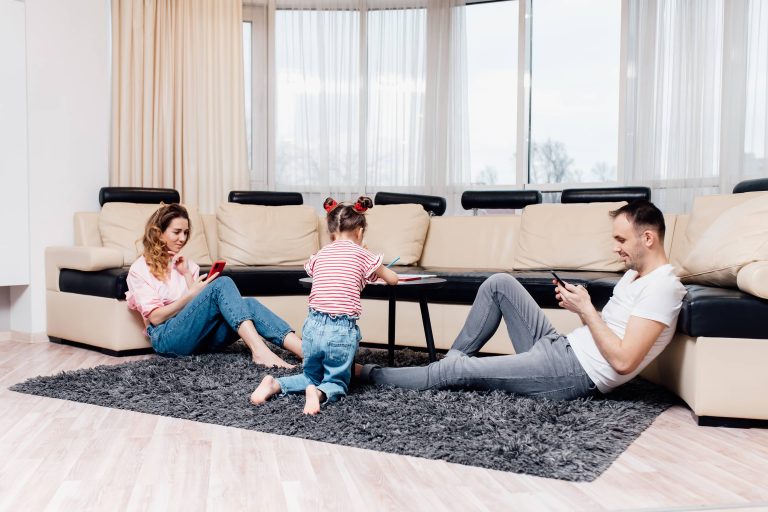
The concept of a smart home has evolved significantly over the past decade. From basic programmable thermostats and automated lighting systems to fully integrated ecosystems that can control every aspect of your home environment, the smart home of today is but a glimpse of what lies ahead. One of the most exciting and transformative elements shaping the future of smart homes is robotics. These intelligent machines hold the promise of taking automation, convenience, and home management to unparalleled levels. Let’s delve into how robotics will play a central role in the future of smart homes.
1. Domestic Assistance and Housekeeping
One of the most immediate and relatable applications of robotics in smart homes is domestic assistance. Automated vacuum cleaners like the Roomba have already made their way into many homes, offering a taste of what is possible. Imagine a future where every aspect of housekeeping is managed by a fleet of specialized robots – cleaning floors, washing dishes, folding laundry, and even ironing clothes. These robots will be equipped with advanced sensors, machine learning algorithms, and interconnected systems to ensure they operate efficiently with minimal human oversight.
2. Personal Companions
Robots are not just limited to performing physical tasks; they can also serve as companions and caregivers. In a future smart home, robotic companions could provide emotional support, help with exercise routines, remind residents to take medications, and even monitor health conditions. Advanced AI algorithms would enable these robots to understand and respond to human emotions, making them genuinely supportive members of the household. This could be particularly beneficial for elderly or disabled individuals, allowing them to live more independently.
3. Security and Surveillance
Home security is an area where robotics can make a significant impact. Future smart homes will likely feature robotic security systems that can patrol the property, detect unusual activity, and alert homeowners or authorities as needed. These robots will be equipped with cameras, motion detectors, and other sensors to provide real-time surveillance and threat assessment. Some advanced models might even have the capability to apprehend intruders until human help arrives. The integration of AI will enhance these robots’ ability to distinguish between normal and suspicious activities, reducing false alarms and increasing overall security.
4. Customization and Personalization
Robotics will also play a crucial role in the customization and personalization of smart homes. Imagine robots that can rearrange furniture, adjust lighting, and modify room settings based on the specific preferences of each family member. These robots can learn the habits and preferences of the household over time, creating a more comfortable and tailored living environment. Additionally, robotics can facilitate adaptive technologies for individuals with special needs, ensuring that smart homes are inclusive and accessible for everyone.
5. Energy Management and Sustainability
As the world becomes increasingly conscious of energy consumption and environmental sustainability, the role of robotics in energy management within smart homes cannot be overlooked. Future homes will likely feature robotic systems that optimize energy usage by controlling heating, cooling, lighting, and other electrical devices based on real-time data and predictive algorithms. These robots can also manage renewable energy sources like solar panels or wind turbines, storing and distributing energy as needed to minimize waste and maximize efficiency.
6. Entertainment and Recreation
Entertainment is another domain where robotics can revolutionize smart home experiences. Robots can serve as interactive multimedia systems, hosting movie nights, playing games, or even teaching hobbies like cooking, painting, or playing musical instruments. With advancements in virtual reality (VR) and augmented reality (AR), robotic systems could create immersive experiences that blend the physical and digital worlds seamlessly. Imagine a home theater where the walls transform into a panoramic screen, or a gaming room where robots become part of the interactive gameplay.
7. Health and Wellness
Healthcare is rapidly moving towards a more personalized and home-centric model, and robotics will be at the forefront of this transition. Future smart homes will feature health-monitoring robots that can track vital signs, provide physical therapy, and even conduct minor medical procedures. These robots will work in tandem with telemedicine platforms, allowing healthcare professionals to remotely monitor and treat patients. This integration can lead to early detection of health issues, prompt medical intervention, and improved overall well-being.
8. Home Integration and Interconnectivity
The future of smart homes will be characterized by a high degree of integration and interconnectivity, with robots serving as the linchpins of this network. The Internet of Things (IoT) will ensure that every device and system within the home is interconnected, allowing robots to communicate and coordinate with each other. Smart home ecosystems will feature centralized control hubs – potentially managed by these robots – that oversee and optimize the entire home environment. This seamless integration will create a truly unified and intelligent living space.
Conclusion
The role of robotics in future smart homes is poised to be transformative, offering unprecedented levels of convenience, security, personalization, and efficiency. As technological advancements continue to push the boundaries of what is possible, robots will become indispensable members of the household, enhancing the quality of life in myriad ways. Embracing this future will require an openness to innovation and a willingness to integrate these intelligent machines into our daily lives. The journey towards fully robotic smart homes is an exciting one, promising a future where our living spaces are not just smart, but also intuitive and responsive to our every need.







